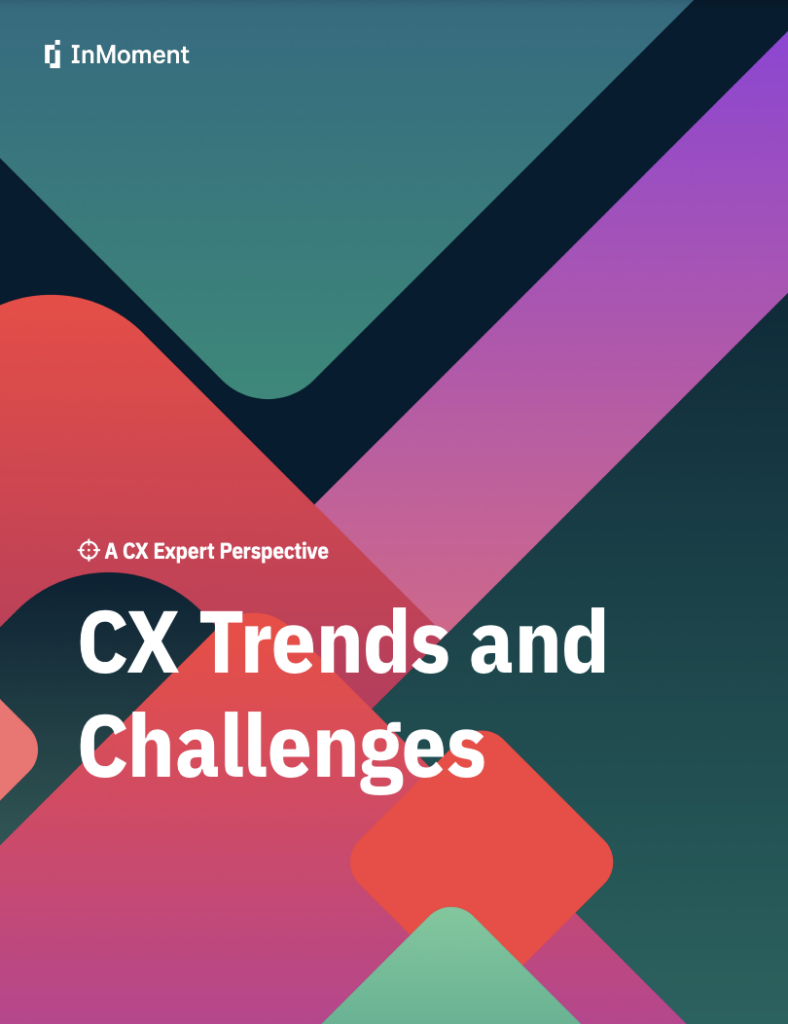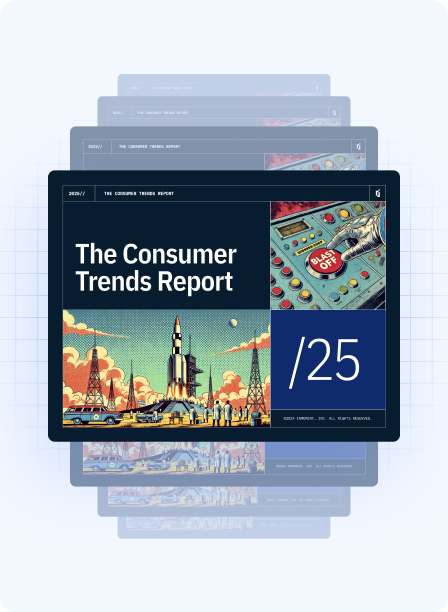How to Leverage Customer Journey Analytics to Improve Experiences

Each key touchpoint throughout the customer journey plays a huge role in how a customer judges their experience as a whole. This means that at every touchpoint, the stakes are high and there’s a risk of damaging your brands’ reputation. And the scariest thing? It’s not enough to do the work to understand the customer journey at one point in time; businesses need to constantly keep up because customer journeys evolve overtime. That’s where customer journey analytics can come into the picture!
With the appropriate analytics and action, your company can prevent mistakes along the customer journey from happening. Our eBook, Understand and Predict Your Customers’ Needs with Customer Journey Analytics, breaks down a three step process to improving your brands’ customer journey. Let’s get right into it!
- Get the Inside Scoop
- Pinpoint the Target Areas
- Strategize for the Future
Step #1: Get the Inside Scoop
The customer journey can often feel like a never-ending puzzle. How do we create the best experience for a bunch of strangers? Well, that’s correct, customers are technically strangers, which makes it infinitely harder to cater to them. A logical first step then is to get to know your customers!
With powerful customer experience technology, InMoment can help your brand eliminate silos and combine data according to segmented groups, so you can feasibly sort through all sources of customer feedback, whether they’re solicited (phone, email, or text surveys etc.) or unsolicited (social, third party review sites, and more). Seeing these data points altogether can give you a general idea of how your customers behave, what they care about, and more. When you have an inside scoop on how your customers are interacting with your brand, suddenly, customers aren’t strangers anymore but people you can get to know better and better!
Step #2: Pinpoint the Target Areas
One of the benefits of having data collected from a myriad of sources is the ability to statistically analyze trends, patterns, and anomalies. By measuring what topics have the most traffic, your company can focus its priorities on the issues that matter. Leveraging customer journey analytics to identify the impact of a topic often proves to be a big time saver!
InMoment’s advanced analytics can generate all the associated comments and details about an issue, where it’s happening, the words and themes most commonly associated with it, how widespread it is, what impact it has on your business, and more. It can also generate actionable alerts so you can closely monitor problems that arise—and take action.
Step #3: Strategize for the Future
With so much data to manage, businesses often forget the potential for feedback to predict customer concerns and behavior. These predictions allow brands to execute dynamic offers, personalized incentives, and customer-focused policies that build loyalty and drive new business. By utilizing your customer journey analytics to predict future problem points and subsequently implement an effective strategy, your company can proactively meet customers’ needs.
Predictive models work the best when they forecast risks and opportunities, including churn/attrition, revenue, customer segments, likelihood to return/recommend, and potential cross-sell and upsell opportunities. With these forecasts, your brand can maintain an informed and preemptive action plan that will keep customers loyal. Customer journey analytics are not only useful today, but for making business improvements in the long run!
You’ve just learned a bit about how to leverage customer journey analytics in your CX Program—but if you’re looking for a more in depth guide to understanding and predicting customers’ needs, read our eBook!




